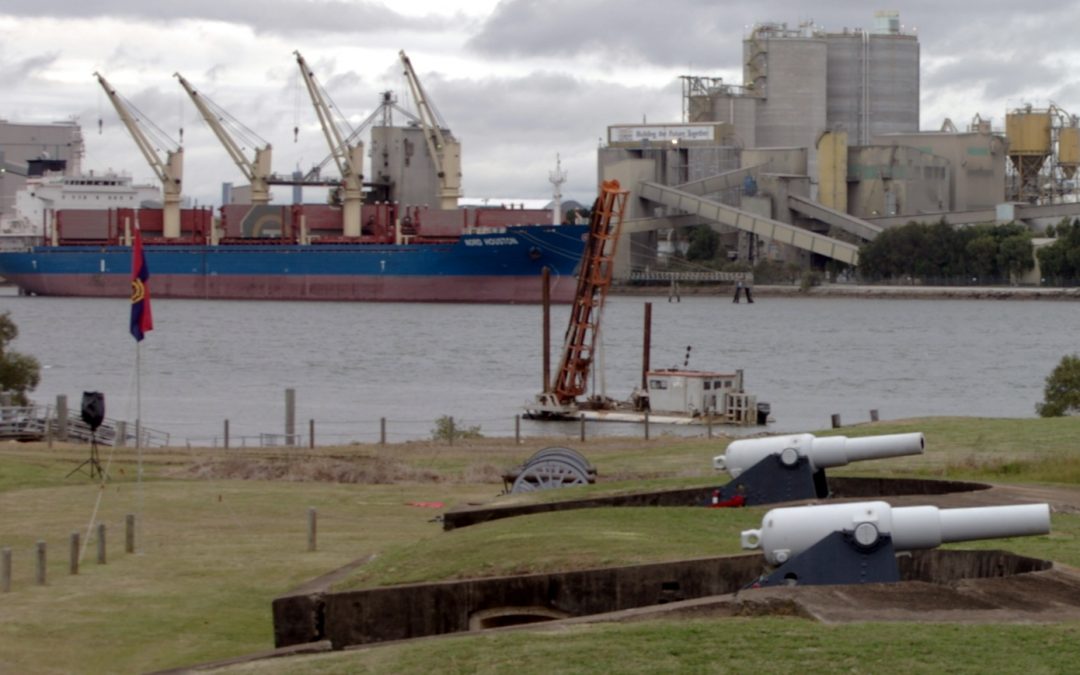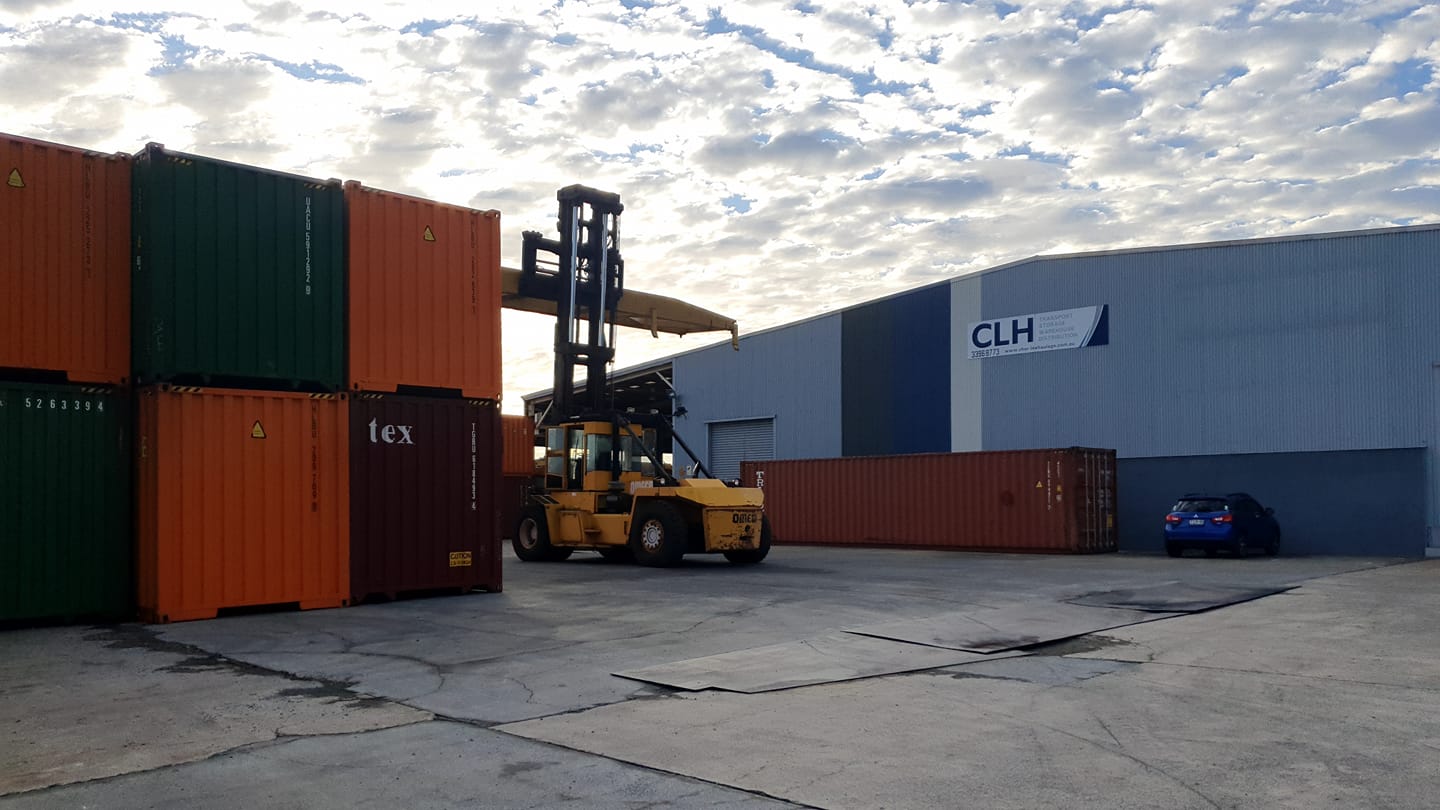At Char-Lee Haulage, we know how important ports are for global supply chains and moving goods efficiently worldwide. We are a company in Australia that provides affordable container transport services to our clients. We are located near the Port of Brisbane, which is an important transportation network. Our commitment to top-of-the-line logistics, transportation, and warehousing solutions serves clients of various scales and industries.
A Gateway to Efficient Container Transport
Ports are the gateway connecting land and sea, facilitating the movement of goods to and from various parts of the world. Ports are places where ships from various countries come together to unload and load containers. These containers are then transported by road, rail, or sea routes to reach their final destinations.
Container Transport Handling and Transshipment
One of the most crucial functions of a port is the handling of containers. Shipping containers, of various sizes and types, are efficiently loaded and unloaded from ships at the port’s container terminals. This process involves cranes, equipment, and a skilled workforce.
Containers might be transferred from one ship to another in cases where multiple ships are involved in a single route. This process, known as transshipment, is key to connecting different global trade routes and optimizing the use of container vessels.
Customs services are an integral part of any port’s operations. Goods entering or leaving a country must go through customs inspections and clearance processes. Ports house customs offices that facilitate these procedures. Proper documentation, tax assessment, and compliance with international regulations are ensured at the port to prevent any delays in the supply chain.
Warehousing and Storage
Ports often have facilities for warehousing and temporary storage of goods. Sometimes cargo arrives at the port before it can be transported further or needs to wait for the next leg of its journey. Warehousing facilities at or near ports are essential for efficient inventory management, especially in scenarios involving just-in-time supply chain practices.
Transport Connectivity
Ports are rarely isolated entities. They are well-connected to various transportation networks.
Inland transportation, such as road and rail networks, often leads to and from the port. This connectivity ensures that cargo can be swiftly transported to its final destination. Efficient rail links can significantly reduce congestion on roads, reduce carbon emissions, and save time.
Infrastructure and Facilities
The infrastructure and facilities at a port are integral to its role in container transport. Ports must invest in modern equipment, including cranes, straddle carriers, and reach stackers, to handle containers efficiently. This investment leads to faster turnaround times for ships, which, in turn, reduces costs and makes the supply chain more competitive.
Environmental Considerations
In recent years, environmental considerations have become increasingly important in port operations. Ports are implementing green practices and technologies to reduce their carbon footprint. These include the use of electric cranes, renewable energy sources, and water treatment facilities to minimize pollution. Ports play a critical role in ensuring that sustainability and environmental stewardship are integrated into the supply chain.
Economic Impact
The economic impact of ports on their surrounding areas cannot be overstated. Ports generate jobs and stimulate economic activity. They bring in businesses nearby, which often results in the establishment of logistics and distribution centers, factories, and other industries. Additionally, ports are significant contributors to a nation’s gross domestic product (GDP) through the taxes they generate.
Security Measures
Security is a paramount concern in the modern world. Ports play a critical role in ensuring the safety and security of cargo. Security measures at ports include access control, surveillance, and inspections to prevent the smuggling of contraband or other illegal activities. It is crucial to strike a balance between security and efficiency to keep the supply chain running smoothly.
Challenges and Future Trends
While ports are essential to global trade and container transport, they also face various challenges. Challenges include bigger ships needing bigger ports and investments, and the need to improve facilities for automation and digital transformation.
As we look ahead, technological advancements are likely to mark the future of ports in container transport. Automation, data analytics, and the Internet of Things (IoT) will play a significant role in optimizing operations. Ports will also continue to focus on environmental responsibility, with the adoption of clean energy solutions and eco-friendly practices. Urban development worldwide may cause a reassessment of port locations and their connection to cities.
In conclusion, ports are the unsung heroes of global trade and container transport. They are the gateways through which goods flow, the hubs of container handling and storage, and the enablers of efficient distribution.
Ports are important in the supply chain and will adapt to changes in the global economy. Knowing how ports work in container transport is important for managing supply chains and moving goods efficiently globally.
Char-Lee Haulage is the leading provider of container transport in Brisbane. We ensure that cargo moves smoothly at the Port of Brisbane and throughout Australia.
We are committed to providing professional and cost-effective solutions for our valued clients, serving a wide range of industries. Our strategic location near the port, combined with our expertise, makes us an essential partner in the efficient movement of goods. We look forward to continuing to play a pivotal role in the ever-evolving world of container transport.



Recent Comments